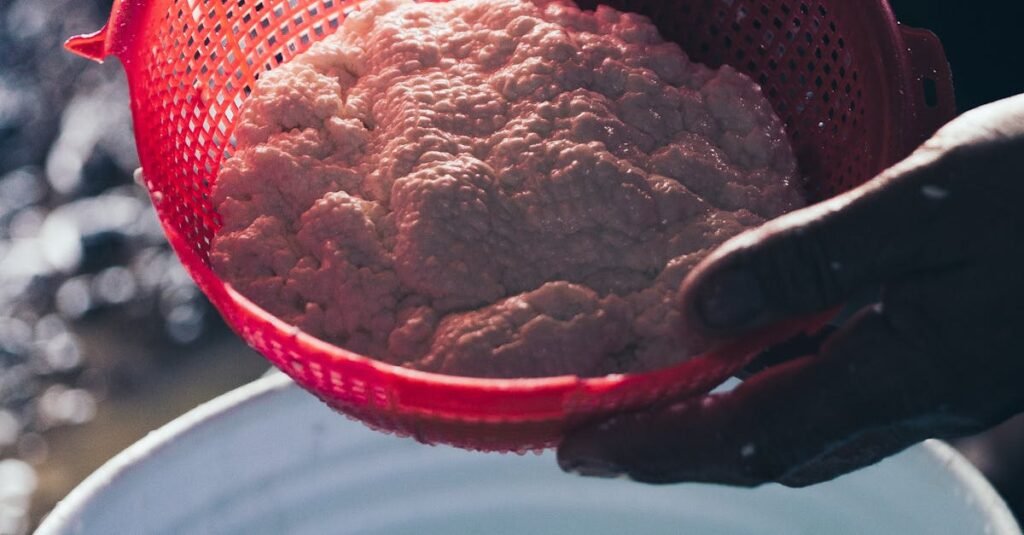When it comes to protein supplements, the debate between whey protein isolate and whey protein concentrate is a hot topic among fitness enthusiasts and nutritionists alike. Both options are derived from milk during the cheese-making process, but they have distinct differences that may influence your choice depending on your fitness goals and dietary needs. In this article, we will explore the key differences between whey protein isolate and whey protein concentrate, helping you make an informed decision for your health and fitness journey.
| Feature | Whey Protein Isolate | Whey Protein Concentrate |
|---|---|---|
| Protein Content | 90% or higher | 70-80% |
| Lactose Content | Low | Higher |
| Fat Content | Minimal | Higher |
| Processing | More processed | Less processed |
| Cost | More expensive | Less expensive |
| Flavor | Slightly less creamy | Richer flavor |
| Best for | Weight loss, lactose intolerance | Muscle gain, general fitness |
Protein Content
Whey protein isolate contains a higher protein content compared to whey protein concentrate. Typically, whey protein isolate has around 90% or more protein per serving, making it an excellent choice for those looking to maximize their protein intake without the additional calories from fats and carbohydrates. In contrast, whey protein concentrate contains about 70-80% protein, which is still a solid option but less concentrated than its isolate counterpart.

Lactose Content
For individuals who are lactose intolerant or sensitive to dairy, whey protein isolate is a more suitable option. It has a significantly lower lactose content due to the additional processing it undergoes, which removes much of the lactose. Whey protein concentrate, on the other hand, contains a higher amount of lactose, which can lead to digestive discomfort for some people.

Fat Content
Whey protein isolate is also known for its minimal fat content, making it an ideal choice for those looking to reduce their fat intake. This is particularly important for individuals focused on weight loss or maintaining a lean physique. In contrast, whey protein concentrate has a higher fat content, which may be beneficial for those looking to gain muscle mass but could be a concern for those monitoring their fat consumption.

Processing
The processing methods differ significantly between the two types of whey protein. Whey protein isolate undergoes more extensive processing to remove fats and carbohydrates, resulting in a purer protein source. This additional processing can sometimes strip away beneficial nutrients. Whey protein concentrate, being less processed, retains more of the natural nutrients found in whey, such as immunoglobulins and lactoferrin, which can be beneficial for overall health.

Cost
Cost is another factor to consider when choosing between whey protein isolate and concentrate. Due to the more complex processing and higher protein content, whey protein isolate tends to be more expensive than whey protein concentrate. If you are on a budget but still want to incorporate protein supplements into your diet, whey protein concentrate may be the more economical choice.

Flavor
The flavor profiles of these two types of protein can differ as well. Whey protein concentrate typically has a richer and creamier flavor, which many users prefer in shakes and recipes. Whey protein isolate, while still flavorful, can be slightly less creamy due to its lower fat content. This may affect the taste and texture of shakes or other protein-enriched foods.

Best for
Choosing the best option often depends on your specific health and fitness goals. Whey protein isolate is ideal for those focused on weight loss or who have lactose intolerance, as it offers a high protein content with minimal fats and carbohydrates. Whey protein concentrate, with its richer flavor and additional nutrients, is better suited for individuals looking to gain muscle mass or for those who have no issues with lactose.

FAQ
What is the main difference between whey protein isolate and concentrate?
The main difference lies in their protein content and processing. Whey protein isolate contains 90% or more protein with minimal fats and lactose, while whey protein concentrate has 70-80% protein and higher levels of fats and lactose.
Which type of whey protein is better for weight loss?
Whey protein isolate is generally better for weight loss due to its higher protein content and lower fat and carbohydrate levels.
Can I use whey protein if I am lactose intolerant?
Yes, whey protein isolate is a suitable option for those who are lactose intolerant, as it contains very low levels of lactose compared to whey protein concentrate.
Is whey protein concentrate suitable for muscle gain?
Yes, whey protein concentrate is a good choice for muscle gain due to its additional nutrients and slightly higher fat content, which can support overall caloric intake.
How should I choose between the two?
Your choice should depend on your dietary needs, fitness goals, and budget. If you need a high-protein, low-fat option, go for isolate. If you want a more economical choice with a richer flavor, concentrate may be better.
References:
1. [U.S. Department of Agriculture (USDA) – Protein](https://fdc.nal.usda.gov/)
2. [National Institutes of Health (NIH) – Protein and Health](https://ods.od.nih.gov/factsheets/Protein-HealthProfessional/)



